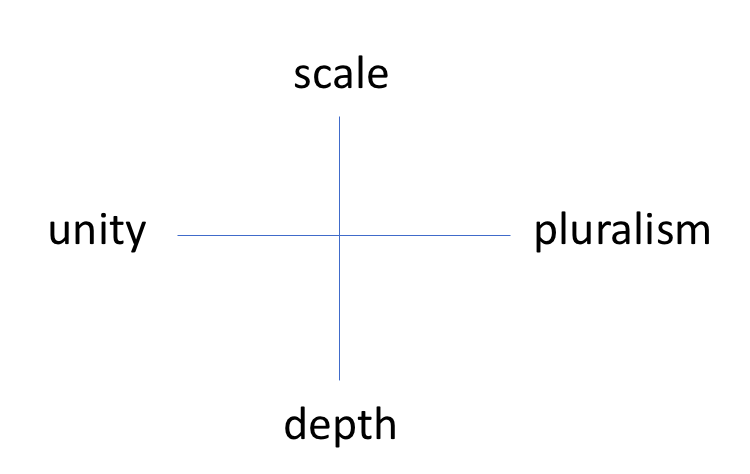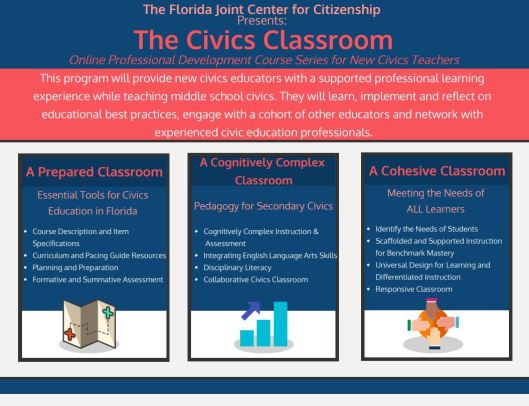Veteran’s Day offers us a chance to be intentional in our gratitude to those individuals who have served our country and honor the freedom they provided because of their service and sacrifice. Which is part of why we were eager to share this funding announcement for a $100K grant available that is geared toward veterans (but the application is due soon!). The National Endowment for the Humanities is offering up to $100,000 to support discussion programs designed to reach veterans and active military on the experience of war. The application is due November 15, so make sure you submit yours ASAP and share with your networks! You can find the announcement below and read the original on the NEH site here.
 Dialogues on the Experience of War
Dialogues on the Experience of War
The National Endowment for the Humanities offers the Dialogues on the Experience of War program as part of its current initiative, Standing Together: The Humanities and the Experience of War. The program (Dialogues) supports the study and discussion of important humanities sources about war, in the belief that these sources can help U.S. military veterans and others think more deeply about the issues raised by war and military service. Dialogues is primarily designed to reach military veterans; however, men and women in active service, military families, and interested members of the public may also participate.
The program makes awards of up to $100,000 to support…
- the convening of at least two sustained discussion programs for no fewer than fifteen participants; and
- the creation of a preparatory program to recruit and train program discussion leaders (NEH Discussion Leaders).
Preparatory training and discussion programs may take place in veterans’ centers, at public libraries or cultural centers, on college and university campuses, and at other community venues. The discussion programs should comprise multiple meetings that are long enough to allow participants to engage in deep and inclusive discussion.
Grant Snapshot
Maximum award amount: $100,000
Open to: Organizations
Expected output: Curriculum, Community Partnerships, Discussion Groups, Facilitator Training
Period of performance: Twelve- to twenty-four months
Application available September 26, 2018
Draft due October 10, 2018
Application due November 15, 2018
Expected notification date April 1, 2019
Project start date May 1, 2019
Potential Resources for Dialogues on the Experience of War Projects
War, military service, patriotism, pacifism, and civic duty are themes that have permeated the great works of history, literature, philosophy, and art that will form the basis of Dialogues on the Experience of War discussion programs. From the Standard of Ur to the Book of Deuteronomy, to Herodotus, Thucydides, Sun Tzu, the Mahabharata, Augustine, and Thomas Aquinas, the subject of war—its causes and effects, and the experience of soldiers, sailors, civilians, and families—has animated the works of poets, philosophers, historians, artists, and theologians of the ancient and medieval world.
The same is no less true in the modern world, in which great questions about war and military service have commanded sustained attention in literary, historical, artistic, and philosophical sources. Powerful works emerged from the wars of the last three centuries. Consider, for example, the writings of Carl von Clausewitz and Henry David Thoreau; poetry by Rudyard Kipling, Wilfred Owen, Anthony Hecht, and Brian Turner; histories by Russell Weigley, Drew Gilpin Faust, John Keegan, and Laura Hillenbrand; plays by Alice Dunbar-Nelson and David Rabe, artworks by Käthe Kollwitz, Pablo Picasso, and Stanley Spencer; Civil War ballads and Dmitri Shostakovich’s Seventh Symphony (dedicated to the city of Leningrad in 1941).
To this list may be added many powerful cinematic treatments, including La Grande Illusion (France, 1937), The Best Years of Our Lives (United States, 1946), Night and Fog (France, 1955), The Cranes Are Flying (USSR, 1957), Hell in the Pacific (United States, 1968), Das Boot (Germany, 1981), The Pianist (Poland, 2002), Turtles Can Fly (Iraq/France/Iran, 2005), and The Messenger (United States, 2009).
The works listed here are offered only as examples. None of them needs to be included on proposed syllabi.
Download Application Materials
Dialogues on the Experience of War Guidelines (PDF)
Dialogues on the Experience of War Guidelines (DOC)
Dialogues on the Experience of War Grants.gov application package
Budget Resources
Budget Form, September 2018 (MS Excel)
Dialogues on the Experience of War Sample Budget, 2018 (PDF)
Program Resources
Form for Submitting a Preliminary Sketch of a Dialogues on the Experience of War Proposal (MS Word)
Dialogues on the Experience of War Frequently Asked Questions, 2018 (PDF)
List of recent grants in this program
DUNS Number Requirement
Sample Application Narratives
Governors State University, War Memory and Commemoration in the Humanities (PDF)
University of Florida, War and the Everyday Life of Combatants (PDF)
Minnesota Humanities Center, Echoes of War (PDF)
Touchstones Discussion Project, Comparing the Returns Home of Homer’s Odysseus and Modern Soldiers (PDF)
You can find the original version of this and where to register at www.neh.gov/grants/education/dialogues-the-experience-war.




 The
The 
 Lots of gratitude is in store for those who helped make #NCDD2018 the dynamic event that it was! An immense THANK YOU to our conference sponsors (and D&D champions) for your generous support – you truly help drive this work and this field forward, and we couldn’t do this without you!
Lots of gratitude is in store for those who helped make #NCDD2018 the dynamic event that it was! An immense THANK YOU to our conference sponsors (and D&D champions) for your generous support – you truly help drive this work and this field forward, and we couldn’t do this without you! While the conference planning team worked hard to design a great event… it’s thanks to our fantastic attendees who really brought #NCDD2018 to life! It was wonderful to see so many familiar faces and also meet lots of new folks who have been doing this work (many of whom were first-timers to NCDD conferences!). It’s exciting to say that with over 450 attendees – #NCDD2018 was our largest event yet!
While the conference planning team worked hard to design a great event… it’s thanks to our fantastic attendees who really brought #NCDD2018 to life! It was wonderful to see so many familiar faces and also meet lots of new folks who have been doing this work (many of whom were first-timers to NCDD conferences!). It’s exciting to say that with over 450 attendees – #NCDD2018 was our largest event yet!






